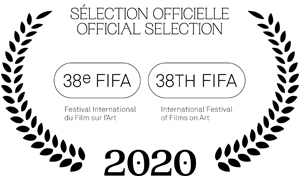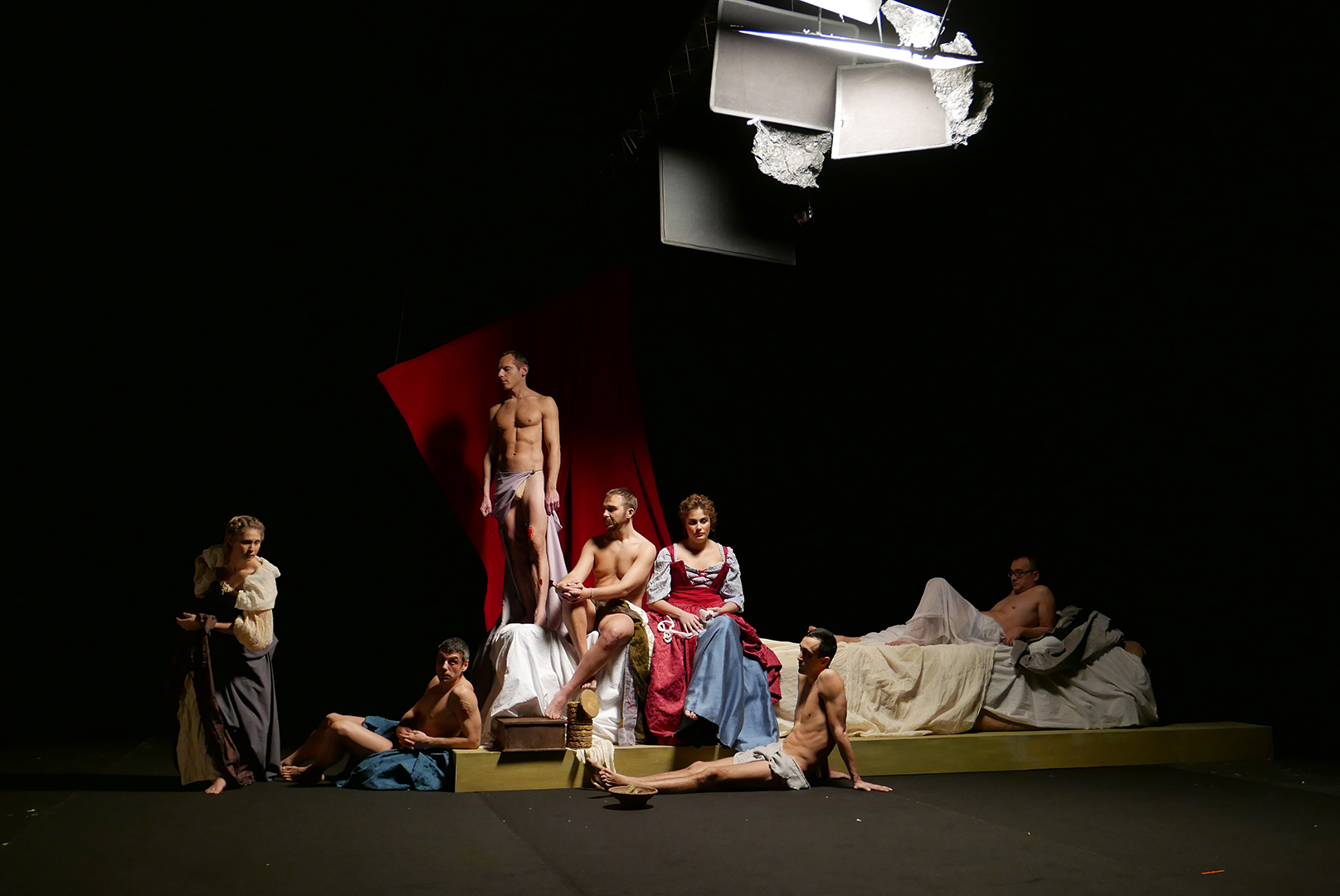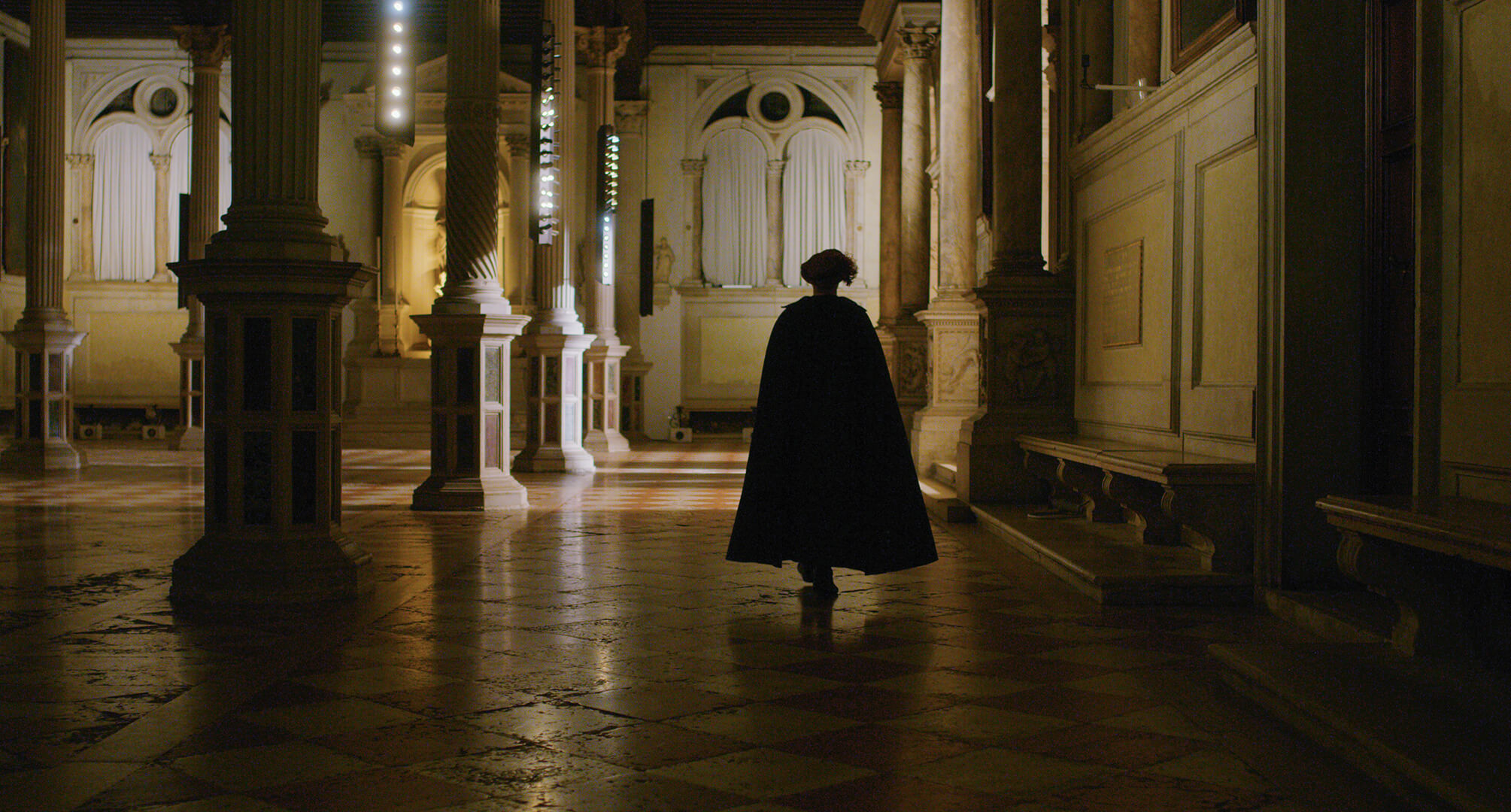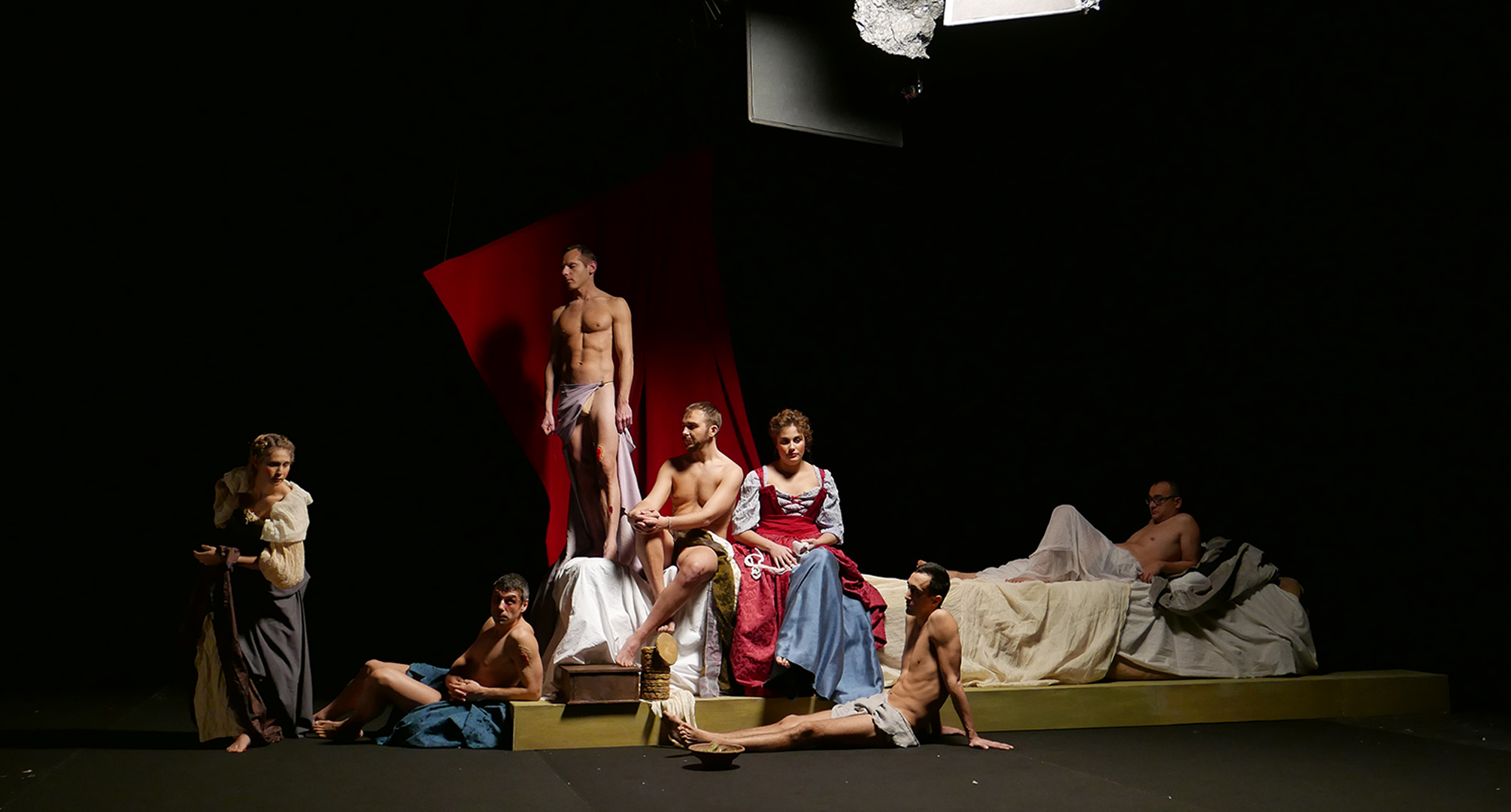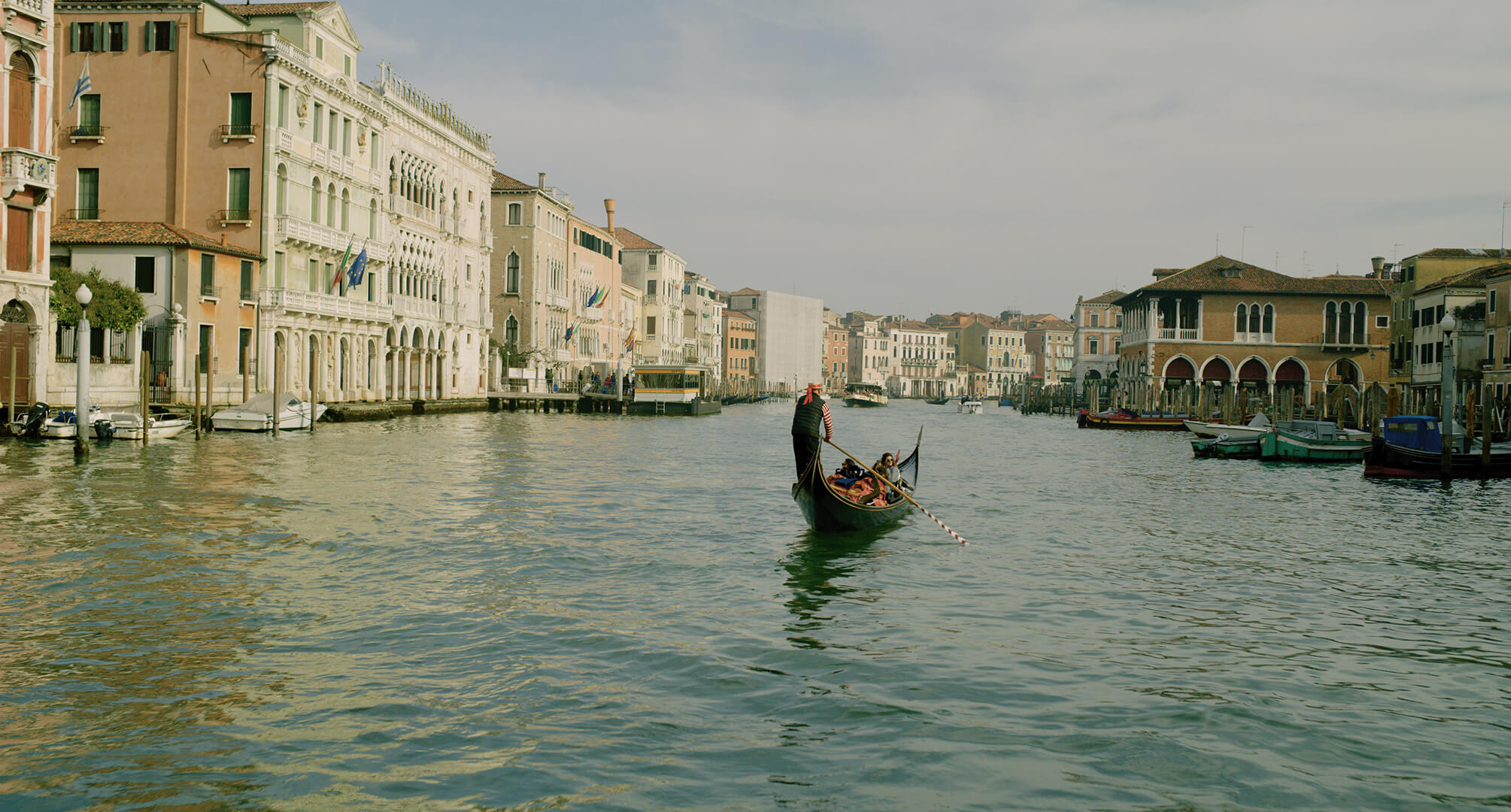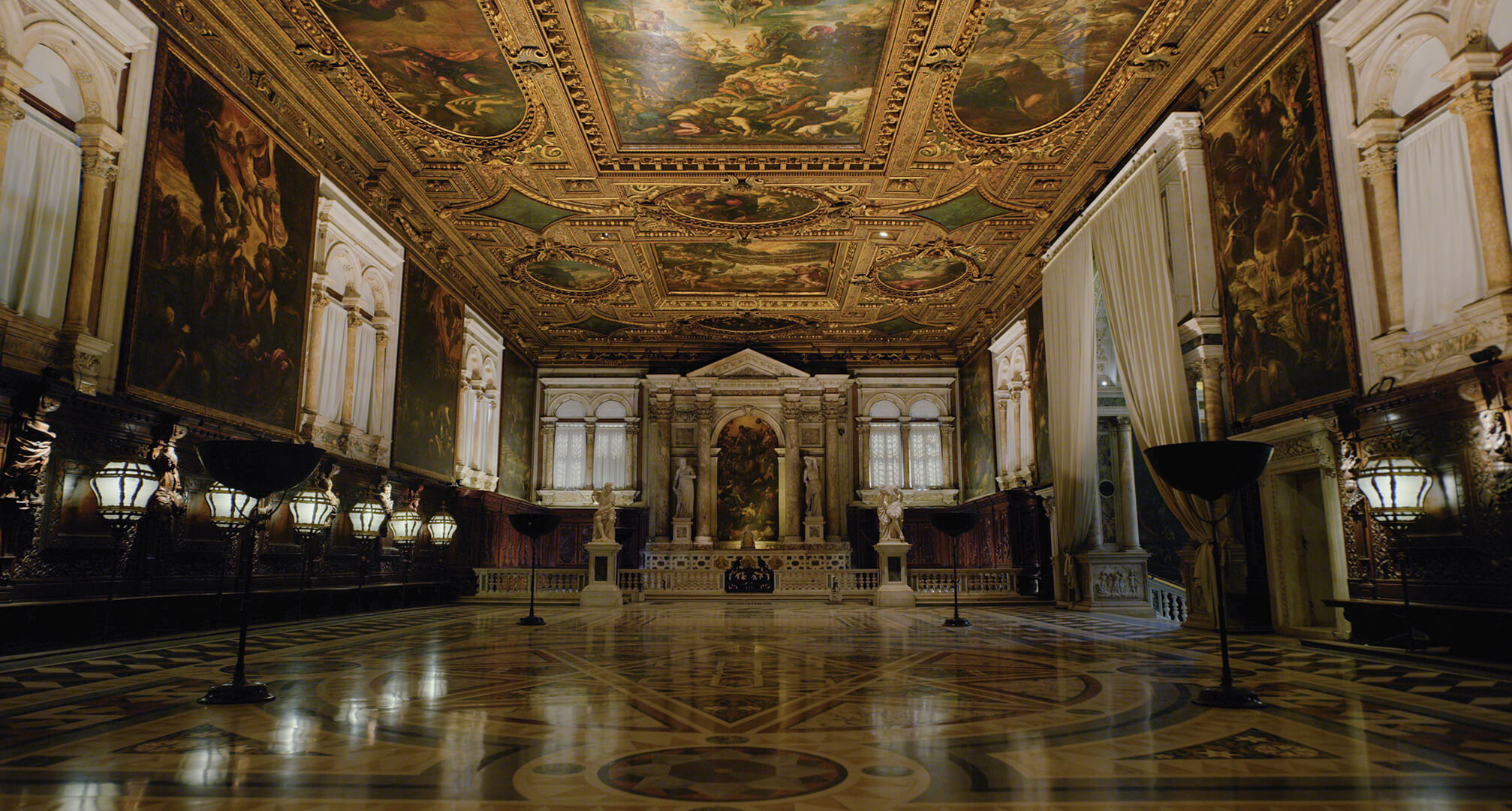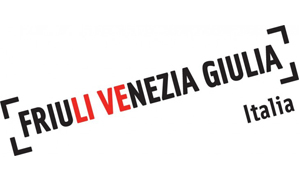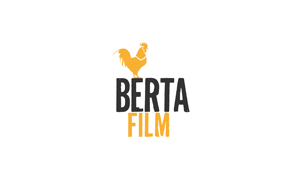Tintoretto – The Man Who Killed Painting
500 years ago in Venice, a star was born. Jacopo Robusti Tintoretto began painting at a time when radical social change marked the beginning of the European Reformation. With fast brushstrokes and daring compositions, his paintings captured the complexities and challenges of this new modern age.
The 16th century was the most fertile moment in Venice‘s history. It was one of the richest commercial cities in Italy and the heart of cultural innovation in Europe. A shimmering republic dedicated to beauty, crammed with palaces and churches full of paintings and frescoes. This is the backdrop againstwhich our film takes place.
Jacopo Robusti Tintoretto was born into this world somewhere between 1518 and 1519, according to an almost illegible document. His anniversary is being celebrated all over the world, from 2018 to 2019: a recognition of the continuingpower, intimacy and influence of this great artist‘s work.
The ambitious artist was a student in Titian‘s workshop and swiftly honed the signature style and expression for which he became famous, even during his lifetime. Indeed, he was the role model for many a modern artist. Long before Jackson Pollock came to embody the term ‚action painter‘, Tintoretto was creating works using the rapid brushstrokes and perfor- mative style for which the American artist was known. Similarly, Jean-Paul Sartre named him the ‚first film director‘—his ability to capture movement and interaction reminiscent of modern day film scenes. Figures are literally turned upside down, flying across the painting… dynamic moments frozen in time and reflecting the insecurities of a society suddenly unsure of its roots.
It was the time of the Reformation. Tintoretto was a Catholic, but sympathized with reformatory ideas. His works conveythis internal struggle… an anxiety recognisable to us even 500 years later. His interpetation and criticism of biblical themes marked the beginning of a new understanding of society. He did not only paint saints, but the people living on themargins—the poor, the sick and the forgotten.
This film tells the story of his daring life, from the young artist who invented his own innovative style, to his rivalry with Titian, Raphael and Michelangelo, to his death. His biography is interwoven with the history of Venice, a maritime republic and the gateway to Europe.
Tintoretto‘s most important paintings give the film its narrativestructure. Each topic is introduced through one of his most important works. We dive into his world through animations of maps and historical letters, illuminated by historians eand curators. High-quality, cinematic reenactment in front of the golden landscape of Venice brings 16th century Italy to life. This documentary tells the story of the most radical and courageous painter of the age.
Directed by
Erminio Perocco
Written by
Erminio Perocco
Co-Author
Costanza Casati
From an idea by
Antonio Manno
Creative Producer
Tuan Lam
Director of Photography
Giovanni Andreotta
Editing
Matteo Trevisan
David Da Ros
Production Managers
Francesca Da Ros
Milena Mason
Line Producer
Marco De Anna
Kathrin Isberner
Commissioning Editor
Dieter Schneider (ZDF)
Produced by
Christian Beetz
Co-producer
Bruno Mercuri
Lucio Scarpa
Marco Caberlotto
Massimo Belluzzo
Paola Montanari
Sales & distribution
- Press kit
- Press photos
-
„Just in diesem Moment überraschen uns die aus dem Theaterbereich stammenden jungen Regisseure Hans Block und Moritz Riesewieck mit einem erstaunlichen Dokumentarfilm, der seit Monaten Publikum und Kritik auf den wichtigsten Festivals der Welt elektrisiert. Völlig zu Recht: Es ist, als würden einem die Scheuklappen weggerissen, als sähe man das, was sich seit Jahren direkt vor unseren Augen abspielt, zum ersten Mal unverschleiert... eine fesselnde ,Doku noir' mit höchstem Anspruch...Dieser Film müsste an allen Schulen gezeigt werden.“
Frankfurter Allgemeine Zeitung
17.05.2018

